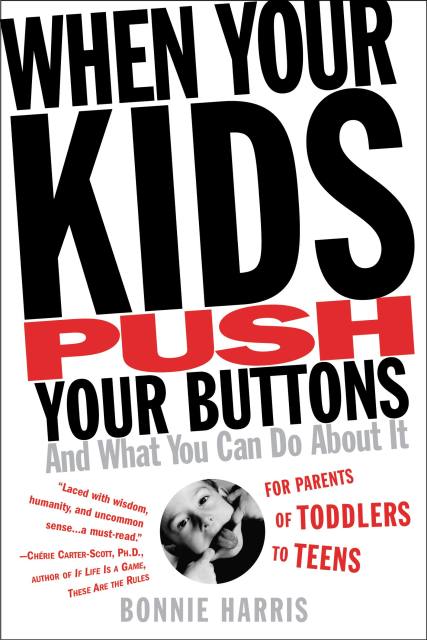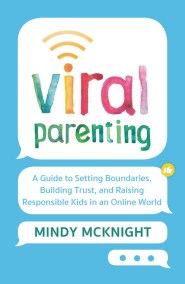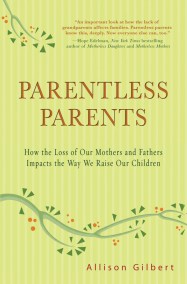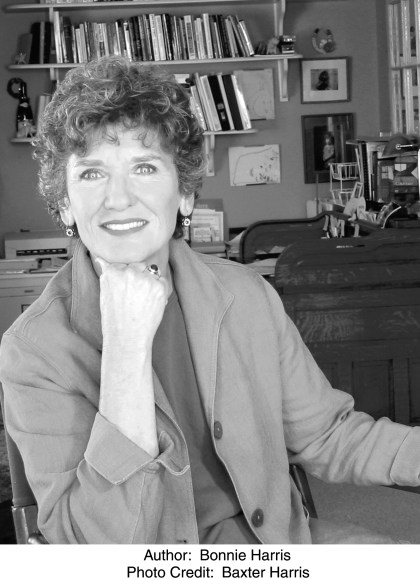By clicking “Accept,” you agree to the use of cookies and similar technologies on your device as set forth in our Cookie Policy and our Privacy Policy. Please note that certain cookies are essential for this website to function properly and do not require user consent to be deployed.
When Your Kids Push Your Buttons
And What You Can Do About It
Contributors
Formats and Prices
- On Sale
- Jul 1, 2008
- Page Count
- 320 pages
- Publisher
- Grand Central Publishing
- ISBN-13
- 9780446540742
Price
$9.99Price
$12.99 CADFormat
Format:
- ebook $9.99 $12.99 CAD
- Trade Paperback $21.99 $28.99 CAD
This item is a preorder. Your payment method will be charged immediately, and the product is expected to ship on or around July 1, 2008. This date is subject to change due to shipping delays beyond our control.
Buy from Other Retailers:
In the bestselling tradition of How to Talk So Kids Will Listen, here is the first book that answers the questions “Why do my kids push my buttons?” and “How can I stop it from happening?”
It’s a given-kids push their parents buttons like nobody else can. Too many parents can be provoked to react with harmful anger, and children learn to manipulate their parents’ emotions repeatedly, resulting in unhealthy life-long patterns. WHEN YOUR KIDS PUSH YOUR BUTTONS shows parents that it is their ideas and perceptions that push their own buttons and provoke the “road rage of parenting.” When parents take responsibility for their reactions and listen to what their child’s behavior is telling them, the child becomes the teacher to the parent. Filled with anecdotes from real families, this book is quickly joining the list of parenting classics.
Newsletter Signup
By clicking ‘Sign Up,’ I acknowledge that I have read and agree to Hachette Book Group’s Privacy Policy and Terms of Use







